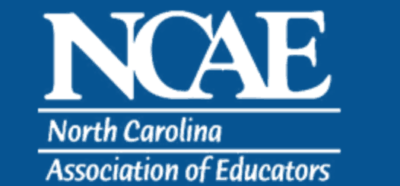The following is a press release from Rep. Dean Arp (R-Union)
North Carolina House Appropriations Chairman Dean Arp (R-Union) today introduced a bill that will fund more schools in less time — and at lower cost to the taxpayer – than conventional bond referendums currently being considered.
House Bill 381, the School Construction and Broadband Investment Act, would provide over $2.1 billion for K-12 schools, as well as $300 million for community colleges, $150 million for rural broadband, while still funding $4 billion for state agencies and universities. Other primary sponsors include Rep. Jason Saine (R-Lincoln) and Rep. Debra Conrad (R-Forsyth).
Because Arp’s plan would not require the state to go into further debt for school construction, it would save the taxpayers over $2.4 billion in interest payments.
“We do not have to mortgage our children’s future while building them the schools they need today,” Arp said.
Arp’s plan is consistent with the approach the legislature adopted in 2017, when it established the State Capital and Infrastructure Fund. Arp and others pushed for the creation of the Fund to pay down existing debt and fund new construction without going deeper into debt.
This no-debt plan meets school needs faster than the proposed bond plans, which wouldn’t start funding construction for another two years. Under the bond plans, spending would be spread out over a decade according to the State Treasurer debt guidelines. Under Arp’s plan, school funding would be available this year.
Arp also pointed out that, compared to Gov. Cooper’s school bond proposal, his plan would send more money to every school district for its school construction needs, but at a lower cost to taxpayers.
“Voters don’t like debt, but they still want these problems solved,” said Arp. “We have now a mechanism in place to do that.”
Saine said it’s important for legislators to consider a variety of approaches to meeting the state’s school capital needs.
“One of the things that we want to make sure is that we have multiple fiscally sound options to deal with our growth and maintenance issues. We believe this provides an option that is viable and keeps costs in mind.”
Recommended reading



